Middle Eastern Culture and Its Enduring Legacy to the World
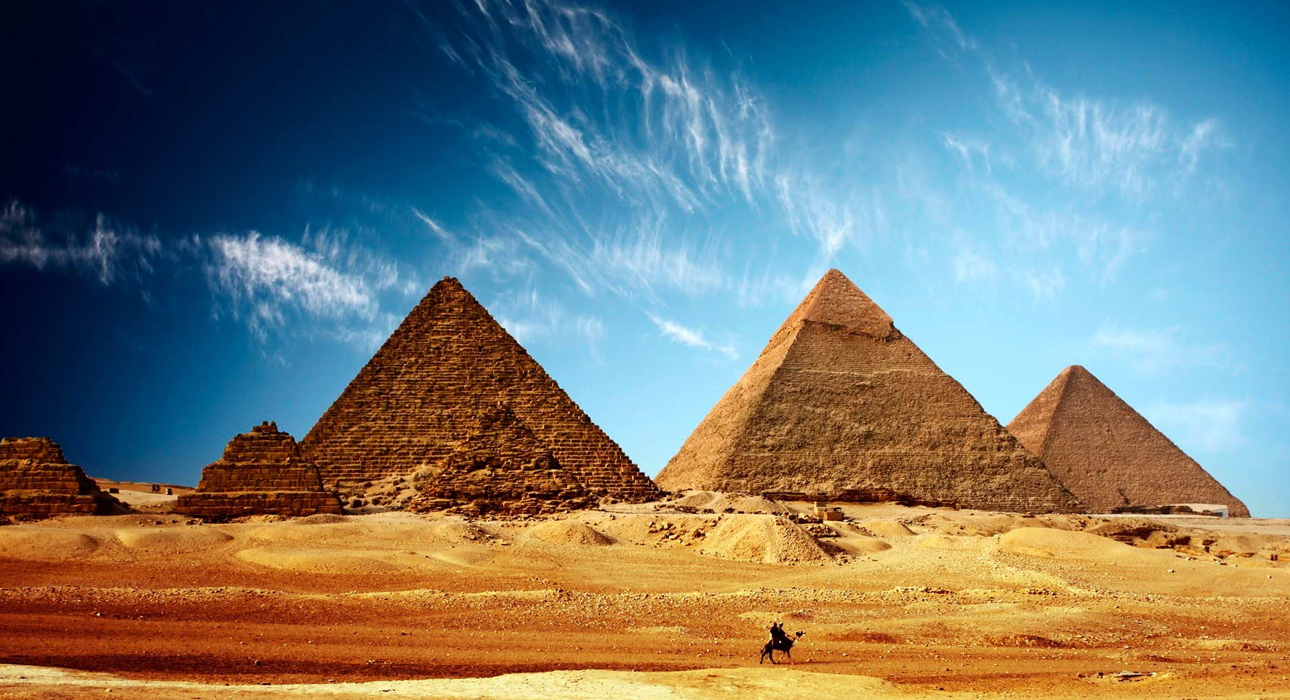
Photo: Unsplash.com

Photo: Unsplash.com

The study, a collaboration between the non-profit Center for Biological Diversity, Friends of the Earth and the University of Maryland, provides one of the most comprehensive analyses of the impact of pesticides on soils.
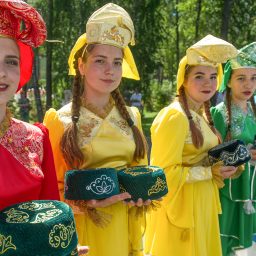
The Tatars, a Turkic ethnic group with a fascinating history spanning centuries, have significantly contributed to the cultural tapestry of various regions across Eurasia.

Nowadays, with the explosive growth of the digital economy, the digital transformation of enterprises has increasingly become the focus of attention by the academic community.

The former French president will serve his sentence at home and wear an electronic bracelet. The former president of France, Nicolas Sarkozy, was sentenced on Wednesday to three years in prison after being found guilty of corruption and influence peddling.

Clashes continued overnight Sunday into Monday in Sudan, where neither the army nor General Mohamed Hamdane Daglo’s powerful paramilitary force were able to gain ground despite.

The Lancang-Mekong River originates from the northeastern foot of the Tanggula Mountains in Zhaoduo County, Yushu Tibetan Autonomous Prefecture, Qinghai Province

The global COVID-19 vaccine roll-out is creating a “vaccine apartheid”. As of February 24, approximately 216 million people have been vaccinated against COVID-19 globally. Only 8.4 percent of these are in low and lower-middle-income countries, which are home to nearly half of the world’s population.

In a significant move towards combating climate change, a coalition of 11 European Union member states, led by France, has called for nuclear energy to be placed on an equal footing with renewable sources in the pursuit of carbon neutrality by 2050.

Ninety-nine times out of a hundred, people don’t criticize themselves for anything, no matter how wrong it may be.

The Omani-Yemeni diplomatic relationship is a long-standing one, shaped by historical ties, geographical proximity, and shared cultural and religious backgrounds.
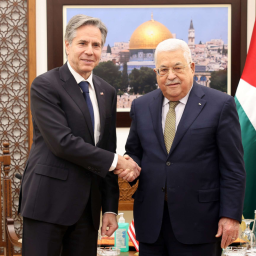
US Secretary of State Antony Blinken addressed the future of the Gaza Strip following the announcement by Israeli Prime Minister Benjamin Netanyahu of a “post-war” plan involving Hamas.
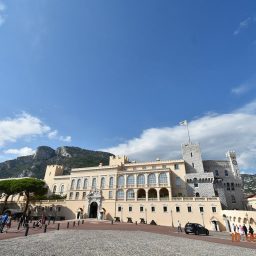
La Principauté de Monaco est un État européen reconnu pour son niveau de vie élevé, ainsi que pour les célébrités qui y ont vécu. Du point de vue géopolitique, la Principauté est un microÉtat européen.
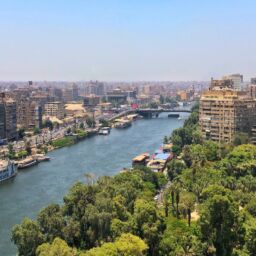
Since ancient times Egyptians depend on the Nile as demands for water is rapidly increasing in response to growing population, industrialization, food production and employment generation. The Greek historian Herodotus wrote, “Egypt is the gift of Nile”.

Well, kind of. The EU and UK are trying to strike a deal on their future relationship before the end of the transition period at the end of last year. Time is now very tight because any deal will have to be ratified by both sides and in particular on the EU side this involves significant work, including a vote in the European Parliament.

The Secret Intelligence Service, commonly known as MI6 (Military Intelligence, Section 6), has a rich and storied history that spans several decades. Established during the tumultuous years of World War II, MI6 has evolved and adapted

